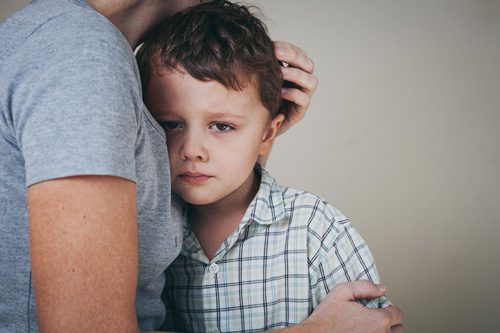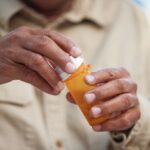
Parental Role Is a Perceived Barrier to Treatment
In a study entitled “Apprehensions: Barriers to Treatment for Substance-Using Mothers“, Nancy Poole and Barbara Isaac explain that women experience addiction differently. Even when women realize they have a problem with drugs or alcohol, they often hide it from those closest to them. The women experience feelings of guilt, shame, and anger regarding their slide into addiction.
At the same time, women also report feeling that their role as a parent is very important to them. Their children are “their world” and the prospect of leaving them, even to seek treatment, is very difficult to consider. In some instances, a woman will leave a drug and alcohol treatment program early because the stress of being separated from her children becomes too difficult for her. She finds that she isn’t able to focus on her recovery, since she is thinking about her children’s well-being.
Concerns About Losing Custody of Children
Another concern that women raise when thinking about going into a drug and alcohol treatment program is that they may lose custody of their children if they admit to a substance abuse problem. There is no way to guarantee that custody arrangements won’t have to change if a parent has to get help for a drug or alcohol addiction, at least during residential treatment.
However, if a parent who is actively addicted to drugs and/or alcohol doesn’t get into a treatment program, the odds are greatly increased that they may be in a state where they can’t care for their children safely at some point. A parent who is intoxicated is less likely to make good decisions about their child’s health and safety and is more likely to become ill or injured themselves and unable to care for their children properly.
What to Do with Your Children While You’re in Rehab
When a parent needs to seek help for drug or alcohol addiction, it is a tremendous benefit to know that their children will be well cared for as they focus on building the foundation for lasting sobriety. Here are some suggestions for workable childcare arrangements during this time.
• The Other Parent
If possible, the most convenient arrangement may be for the children to be cared for by the other parent. This is a stressful time for everyone involved, and the person seeking help may feel more comfortable knowing that the children are being looked after by their other biological parent.
• Extended Family
Next, look to extended family to see whether anyone in that circle (grandparent, sister, brother, aunt, uncle, cousin) is able to care for the children while their parent is in a substance abuse treatment program. Residential drug and alcohol rehab may require 90 days of treatment or more in some instances. Family members may need to work together to establish a schedule to care for the children if taking on this responsibility for the entire stay is too much for one person or household within the extended family.
• Trusted Friends
In a situation where no one in the family would be an appropriate choice to care for the children while a parent is in rehab, the next option is to approach one or more trusted friends for help. Be honest about how long the residential treatment may last and whether the continuing care will include a stay at a sober living house or attending follow-up sessions at the facility.
Getting the Help You Need
Guilt, shame, or stigmas about substance abuse can be barriers to seeking help. Difficulties around what to do with children while getting well shouldn’t be. Solutions are available so that parents can focus on their recovery. English Mountain Recovery Center offers gender-specific treatment programs to our clients. Contact us today to learn more.
 To learn more about programs offered at English Mountain Recovery, Tennessee residential treatment, call and speak with someone today at (877) 615-8569. We are ready to help you or your loved one recover.
To learn more about programs offered at English Mountain Recovery, Tennessee residential treatment, call and speak with someone today at (877) 615-8569. We are ready to help you or your loved one recover.


